Ofcom blocks BBC’s DRM plans for Freeview HD
The regulator has highlighted three major concerns about the BBC's DRM plans after backlash from customers and consumer groups.
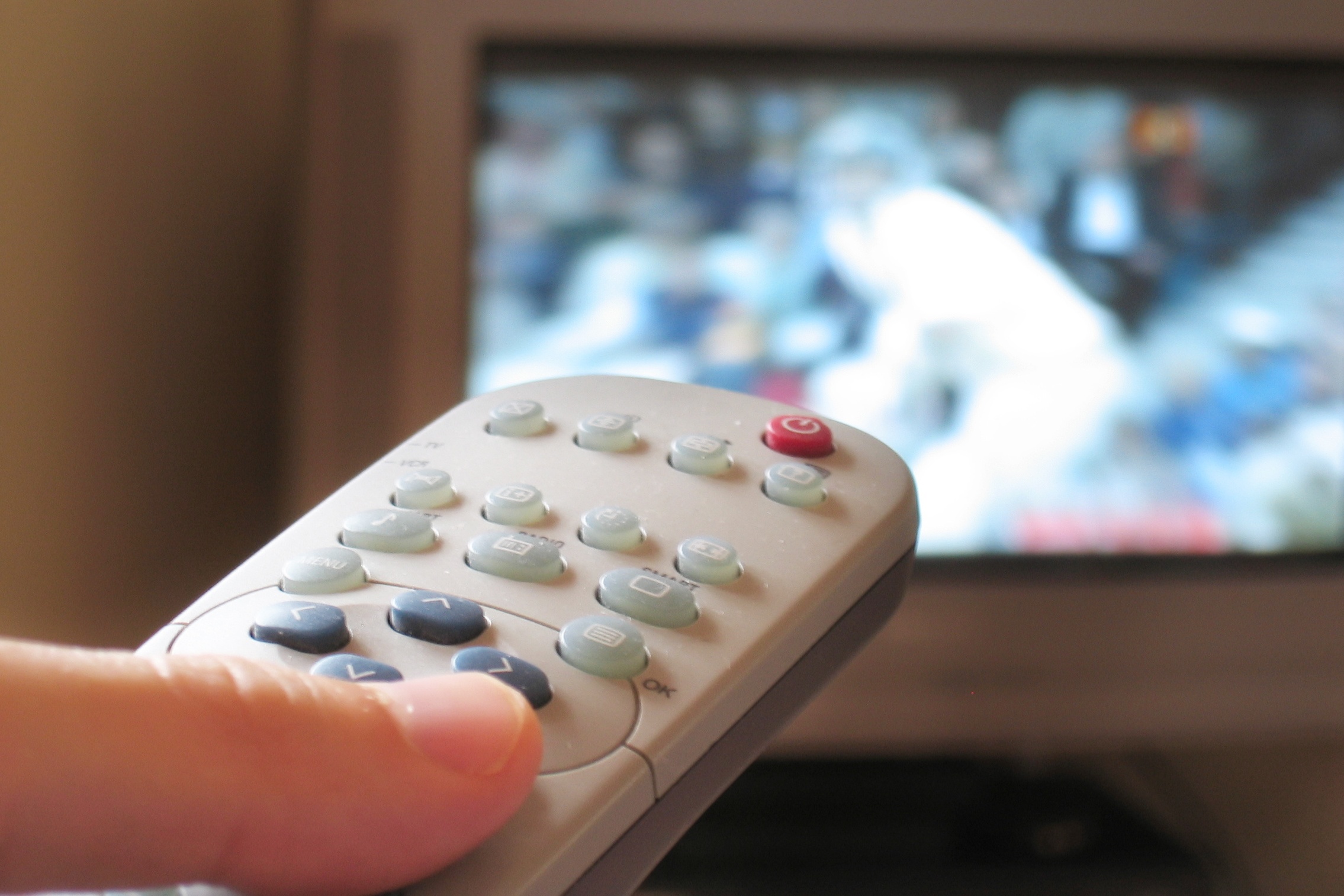
Communications watchdog Ofcom has cast doubt on the BBC's plans to introduce anti-piracy measures to the forthcoming Freeview HD service.
The BBC, ITV and Channel 4 will start broadcasting free HD programming nationwide for the first time when Freeview HD is switched on next month and the BBC had proposed introducing data encryption to prevent material being copied illegally.
However, that now looks unlikely at least for now after Ofcom raised serious reservations over the benefit of any such system in a letter to the BBC after a period of public consultation.
The regulator said it had received widespread response on the issue from both customers and consumer groups, and made it clear it wasn't prepared to give the green light until the BBC had addressed three specific concerns.
These were the anticipated benefit to citizens and consumers, the impact the system would have on the receiver hardware market and that there is no other less disruptive alternative.
At present, content management is an optional part of the Freeview HD standard and is left up to the receiver manufacturers. The BBC proposes to encode the programme information stream and provide tables to decrypt it only to manufacturers that agree to implement the system. With the BBC channel an integral part of Freeview HD, that would effectively make it compulsory.
Ofcom's comments are in contrast to its initial view, expressed in a letter [PDF] to stakeholders requesting feedback in September, that it had little objection to the idea in principle.
Sign up today and you will receive a free copy of our Future Focus 2025 report - the leading guidance on AI, cybersecurity and other IT challenges as per 700+ senior executives
But with the likes of Open Rights Group executive director Jim Killock slamming the proposal as an attempt to "enact a form of encryption through the backdoor", things have clearly changed.
In a letter to Ofcom, Killock wrote that "such action would permit the BBC to dictate who may provide equipment which accesses the channels it broadcasts a clear violation of the free-to-air principle and an improper interference in the market by the BBC".
While Ofcom has made it clear it hasn't rejecting the proposal out of hand, it's clear that, for now anyway, Freeview HD will arrive without any content management encryption.
One glimmer of hope for the BBC comes from the nature of Freeview HD itself. With none of the current crop of Freeview tuners in TVs or set-top boxes capable of receiving the DVB-T2 signal, it can argue that the impact of the receiver hardware market is negligible, as customers have to invest in new hardware either way to receive the HD signal.
-
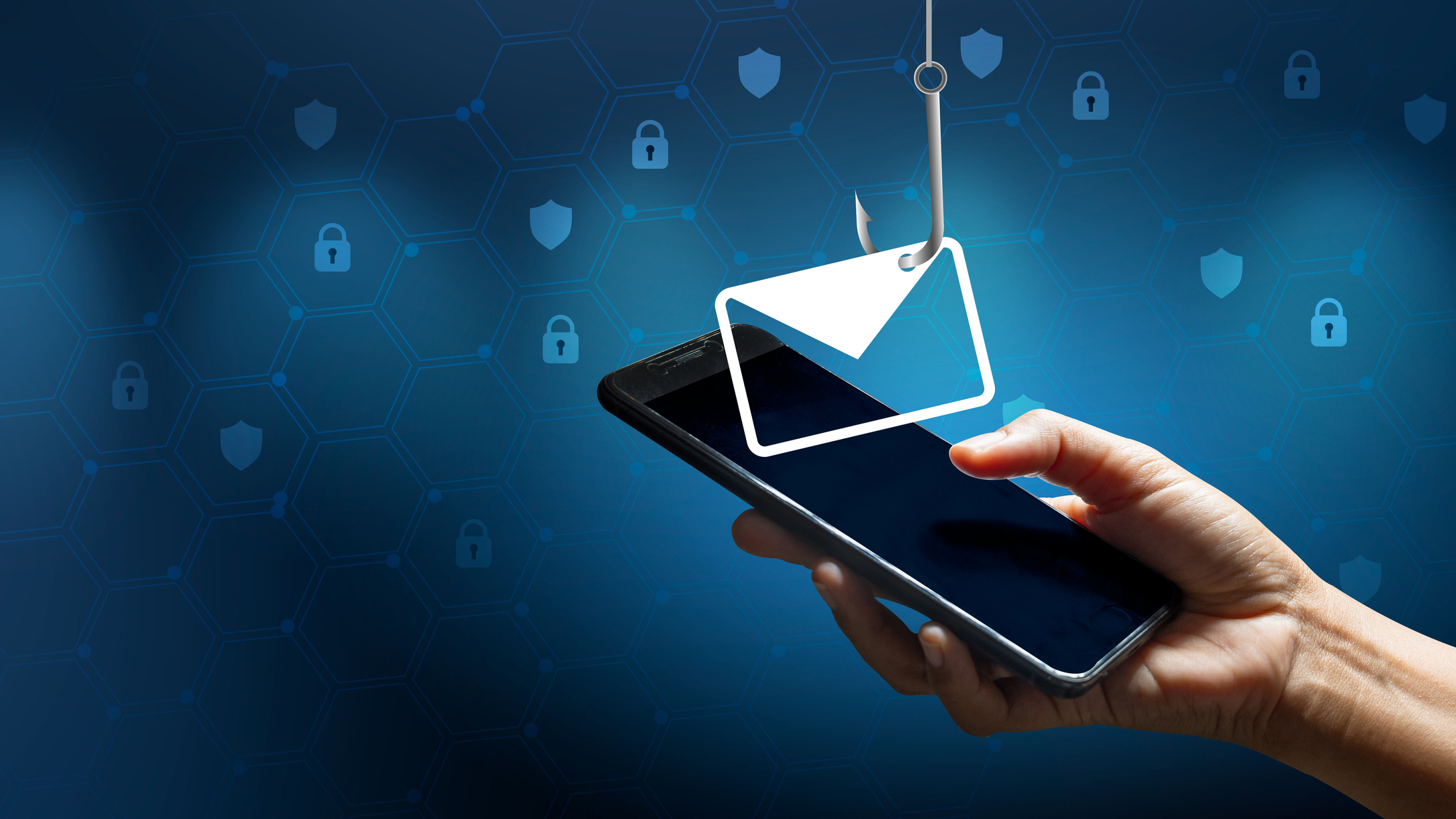 How to MFA everywhere
How to MFA everywhereIndustry Insights Identity online is not who you are; it is what the system accepts as proof of you, and that gap is exactly what the attackers take advantage of
-
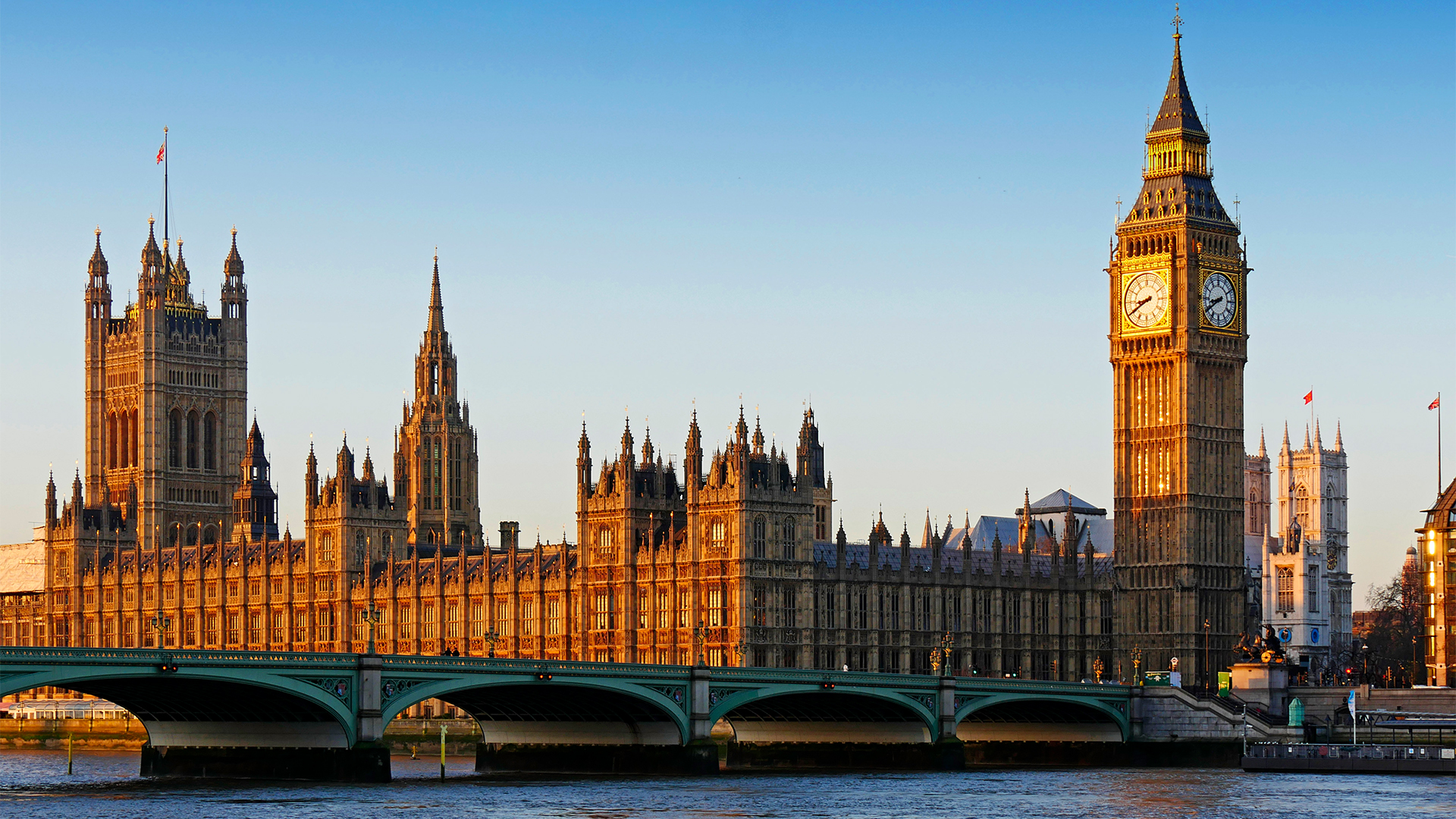 UK government confirms October cyber breach: Everything we know so far
UK government confirms October cyber breach: Everything we know so farNews Details around Foreign Office hack remain sparse and government says it's unclear who is behind the attack
-
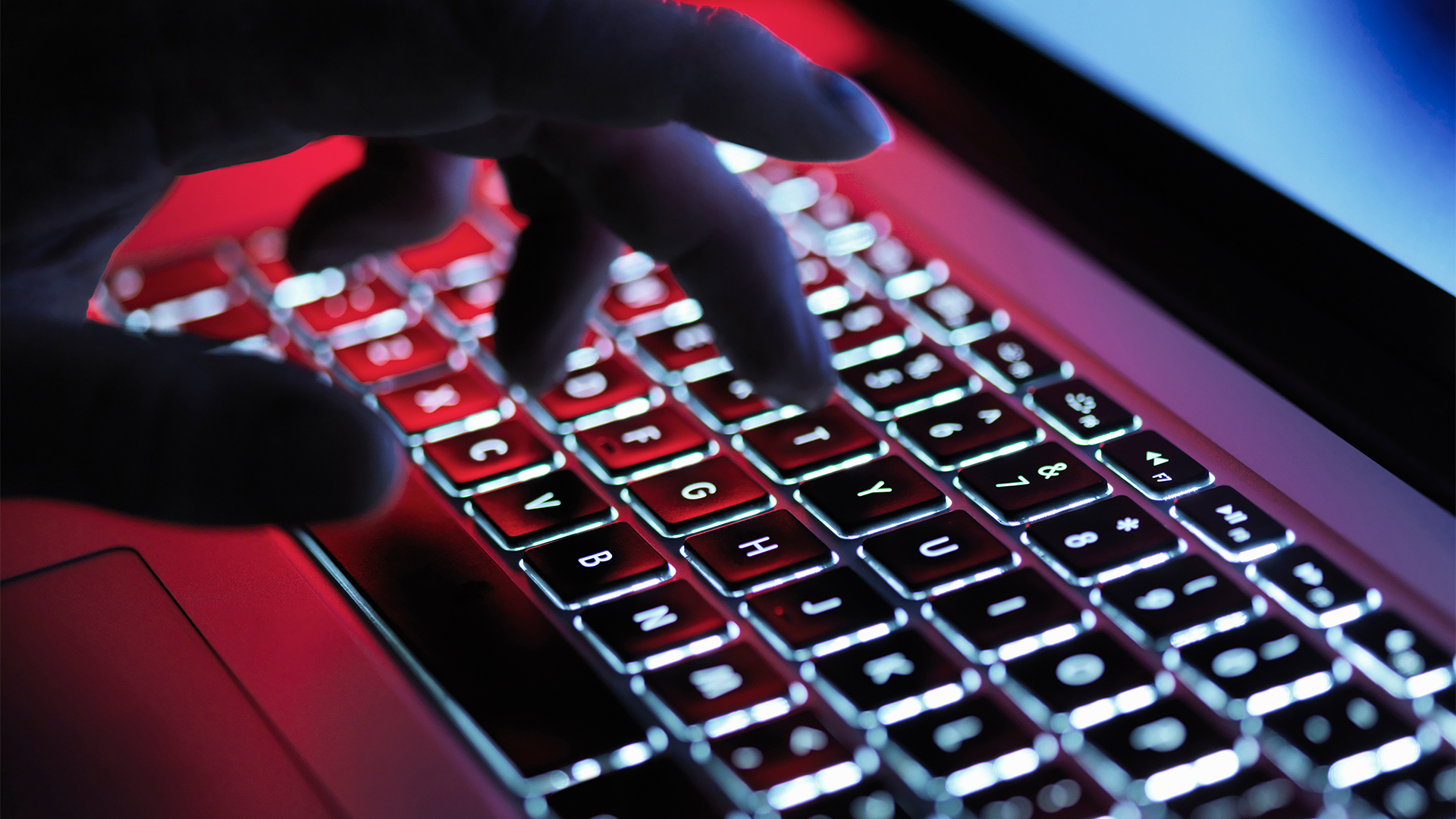 New Ofcom guidelines show it’s getting tougher on big tech
New Ofcom guidelines show it’s getting tougher on big techNews New Ofcom guidance outlining its plans for the Online Safety Act show the regulator is toughening up on big tech.
-
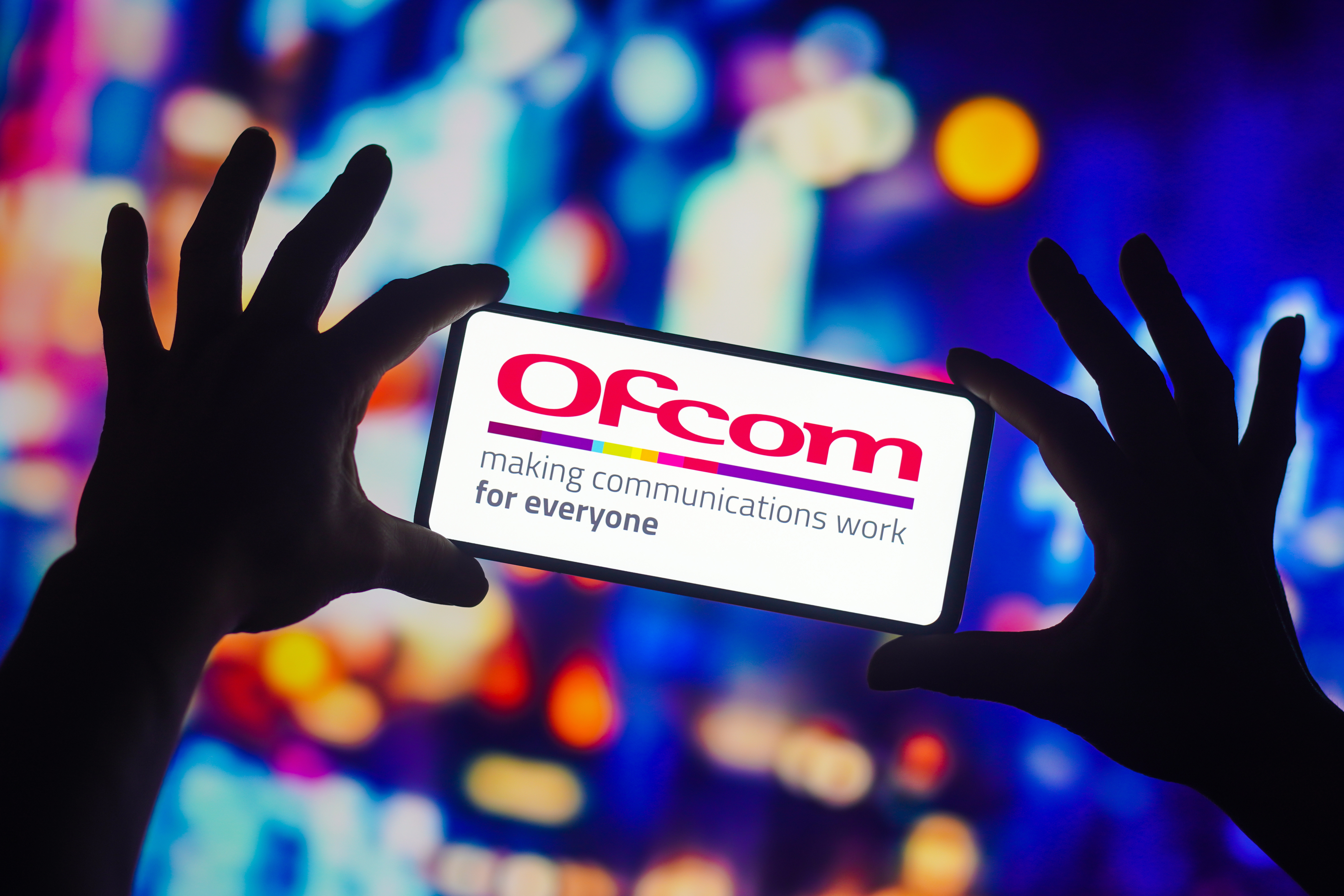 Ofcom’s draft guidelines on illegal online content set stringent rules for big tech
Ofcom’s draft guidelines on illegal online content set stringent rules for big techNews The codes of practice gives an insight into what the Online Safety Act will mean in practice
-
 UK gov urged to ease "tremendous" and 'unfair' costs placed on mobile network operators
UK gov urged to ease "tremendous" and 'unfair' costs placed on mobile network operatorsNews Annual licence fees, Huawei removal costs, and social media network usage were all highlighted as detrimental to telco success
-
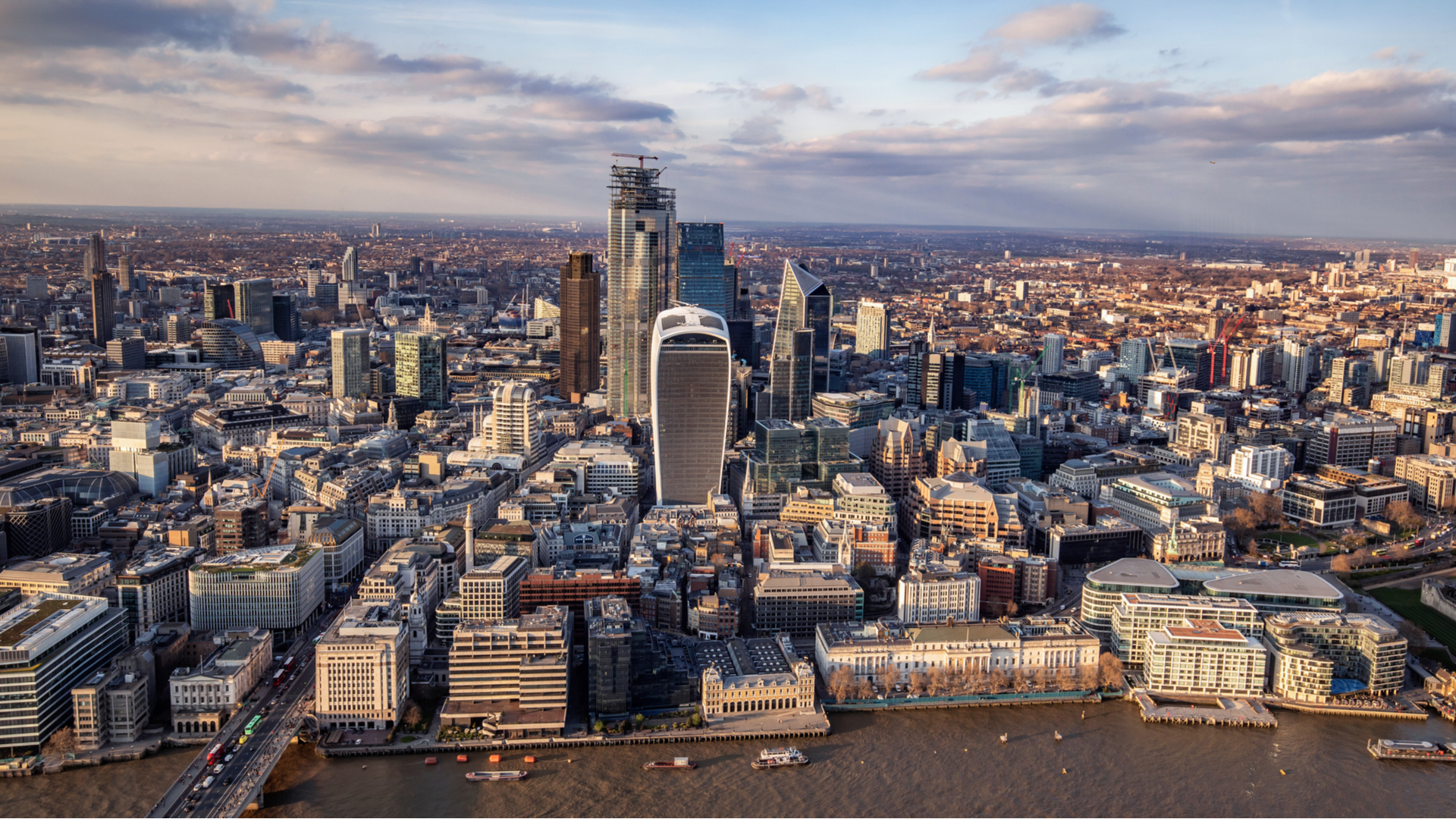 UK regulator to investigate Amazon, Microsoft, Google cloud services competition
UK regulator to investigate Amazon, Microsoft, Google cloud services competitionNews The regulator is hoping to publish a final report, including its concerns or proposed recommendations, within 12 months
-
 We're addicted to our phones, according to Ofcom
We're addicted to our phones, according to OfcomNews Although always being connected means flexible working, some think it's having a negative impact on relationships
-
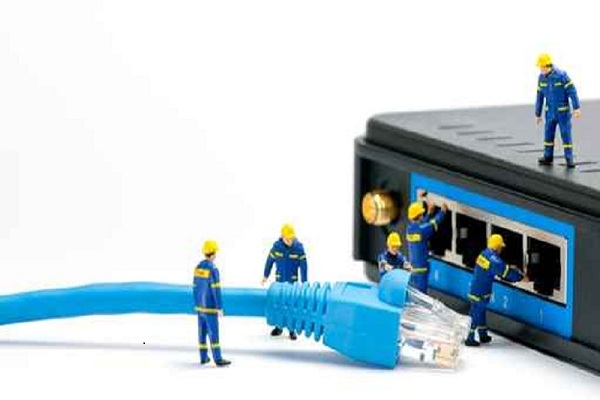 Ofcom reveals automatic compensation for ripped-off broadband customers
Ofcom reveals automatic compensation for ripped-off broadband customersNews £142 million will be automatically paid out to customers receiving a delayed service
-
 Three fined £1.9m for 999 call flaw
Three fined £1.9m for 999 call flawNews Ofcom investigation reveals emergency calls were routed through a single data centre
-
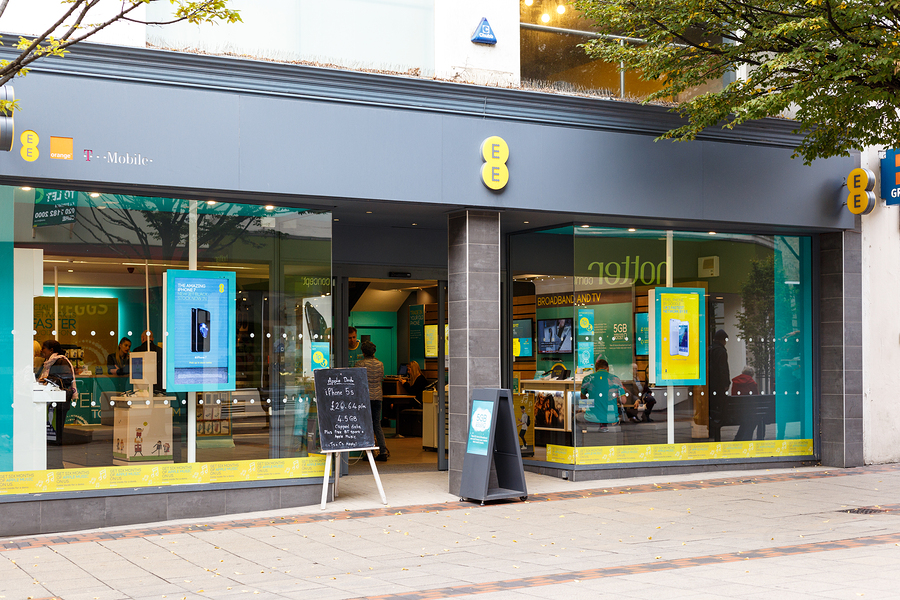 Ofcom fines EE £2.7m for overcharging 40,000 customers
Ofcom fines EE £2.7m for overcharging 40,000 customersNews Customers dialling 150 number abroad were overcharged £245,700